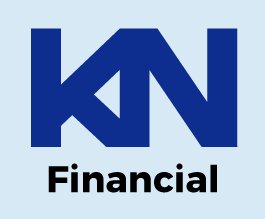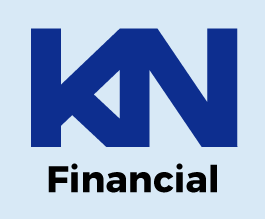
May 23, 2024
JA innovates financial literacy learning experiences
Financial literacy is a crucial life skill, yet many Canadians face significant knowledge gaps when it comes to managing their finances.

iStock-1485575043
According to recent data from a Financial Consumer Agency study, 54 per cent struggle with financial commitments, and 44 per cent worry their money may not last.
Junior Achievement has long recognized the need to teach students how to break down financial concepts, develop budgets and understand credit, and has made financial literacy an anchor of its programs. Ministries of Education and school boards across the country are following suit by integrating financial education programs into curriculum.
Teaching financial literacy to students as soon as possible gives them a “huge advantage,” says Andrea Smith, an educator at A. Blair McPherson School in Edmonton.
“JA has created materials that follow curriculum and are done in a kid-friendly way,” she says. “The material not only kept my students engaged but also inspired them with many of their own ideas for how to set goals.”
Corporate mentors and volunteers from partners like TD and CIBC also play a crucial role in delivering these programs.
“As facilitators, we are leading students through hands-on activities,” says Marianne Grimaldi, a CIBC volunteer based in Toronto. “It is about self-discovery. The students have many ‘a-ha moments’ about budgeting and planning for post-secondary education.”
The impact of JA programs on youth is profound.
“I enjoyed the budget planning in the program because it made me feel like I had an understanding of how the real world works and how to budget while planning trips or a party,” says a Grade 7 student who took part in the Dollars with Sense program, presented by TD Bank.
Embracing digital, JA leverages its online learning platform – JA Campus – to make financial education accessible for everyone. Partnerships are fuelling new bite-sized education for teens on-the-go, addressing everyday money questions that youth may have, such as how to conduct e-transfers and how to keep their money safe.
JA has created materials that follow curriculum and are done in a kid-friendly way.
“Classroom-based, teacher-led and volunteer-facilitated programs are immensely powerful and remain our priority, but we want to ensure we’re on the everyday path of young Canadians to support them developing healthy financial habits,” says Scott Hillier, president and chief executive officer of JA Canada.
This year, JA partnered with Neo Financial to launch the JA Money card, a debit card alternative designed for teens and relevant for everyone. The card gives teens the same rewards and benefits that adults get, like cashback on spending and high-interest on savings, plus access to new digital learning modules.
“We are empowering young Canadians to manage their money and take control of their financial future,” says Andrew Chau, co-founder and chief executive officer of Neo Financial.
“As a Junior Achievement alum, myself, it’s a privilege to work with JA Canada to bring financial learning to life for Canadian teams,” he says, adding that a study that was conducted while he was at Boston Consulting Group indicated that JA alumni are more likely to save and reach their financial goals, and less likely to spend more than they earn.
“The future just got brighter for Canadian youth,” he says.
Through these ongoing initiatives, JA Canada continues to develop new relevant hands-on learning experiences to support youth on their journey to financial independence.
This Globe and Mail article was legally licensed by AdvisorStream.
© Copyright 2025 The Globe and Mail Inc. All rights reserved.


